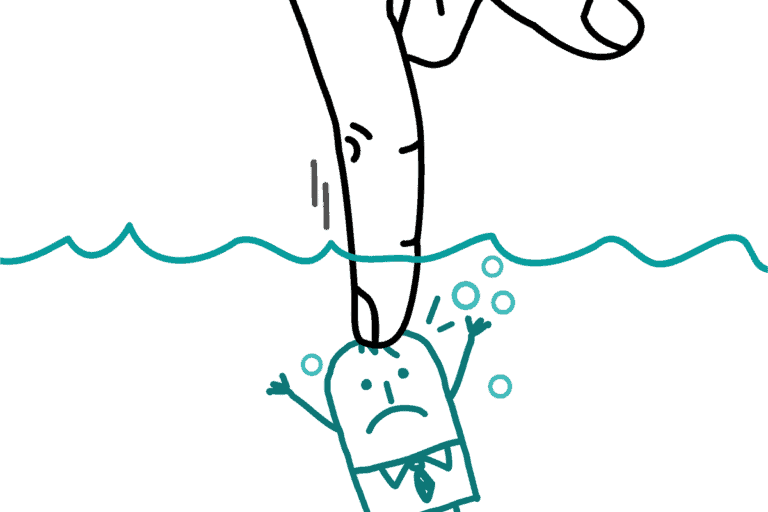The Ward majority could debate, delineate, and define dignity. They could list the conditions for when it is violated. But they did not see it in the real-world life of a child.
Dignity Strikes Out
I ended the previous article with a baseball metaphor. For those who do not follow baseball, when a pitcher throws a ball that hits the batter, the pitch is neither called a strike nor a ball. Instead, the batter moves immediately to first base. In other words, they are given something for their pain.
But the Ward majority changed the rules, claiming Whatcott as the case precedent over Calego.
Not only was Jérémy no longer compensated for his pain and loss of dignity, but the jokes Ward threw were not even called balls—close to, but not quite, discrimination.
Against all jurisprudence, they were called strikes—perfectly good pitches, not at all discriminatory because they did not reach the level of inciting hate.
Perhaps worst of all, the majority asserted that any reasonable person, based on their changed definition of what it means to be reasonable, would agree with them.
Indignity Has A Say
I am not alone in my shock over this SCC decision. McGill law professors Robert Leckey and Pierre-Gabriel Jobin wrote:
Dr. Laverne Jacobs, a law professor with a focus on disability rights and human rights law, had this to say:
And communications strategist Martine St-Victor commented:
The Essence of the Problem
To me, the essence of the problem is as follows: The Ward majority could debate and delineate the impact of a loss of dignity:
[55] In our view, the interpretation of [safeguard to dignity] must be refocused on its purpose by considering its wording and context. [Emphasis added.]
They could cite dictionary definitions to show the difference between safeguard of dignity, and the lesser respect for dignity (see Ward, paragraph 58.).
And ultimately, they could list the conditions for when dignity is violated:
[58] … Where a person is stripped of their humanity by being subjected to treatment that debases, subjugates, objectifies, humiliates or degrades them, there is no question that their dignity is violated. In this sense, the right to the safeguard of dignity is a shield against this type of interference that does no less than outrage the conscience of society.
Yet ironically, or perhaps disturbingly, they failed to recognize humiliation and degradation as it played out in the real-world life of a child, even as forty years of research, and their own Court’s definition and decisions on bullying, were available to them.
Their marker, it seems, was the Nazi atrocities of World War II, hardly a relevant standard for day-to-day concerns of discrimination:
[57] In fact, the emergence in law of the concept of dignity, and the meaning of this concept, were shaped by the very specific historical context of the atrocities committed in the 20th century, particularly during the Second World War …
To be contrary to s. 4 of the Quebec Charter, conduct must reach a high level of gravity that does not trivialize this very meaningful concept.
In Ward, I question whether the majority unwittingly burrowed themselves into the very discriminatory system the courts are legally bound to disentangle us from. A future chapter will hone in on this topic of systemic discrimination.
In the meantime, I leave you with this quote from comedian Ophira Calof:

